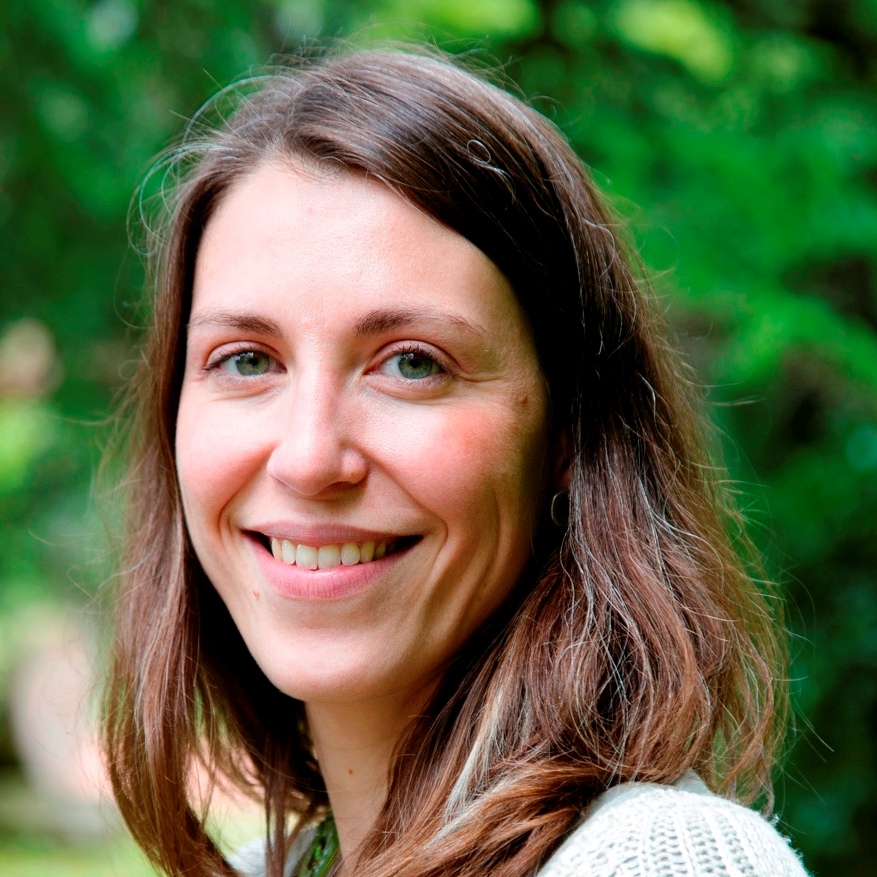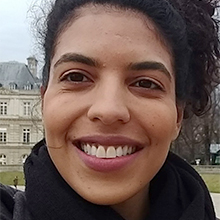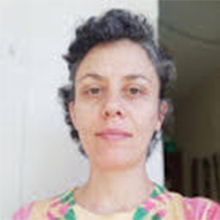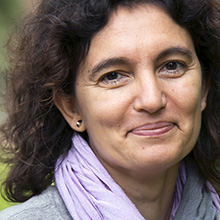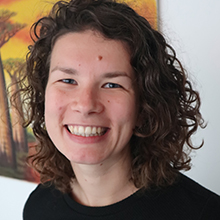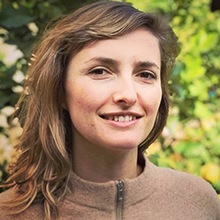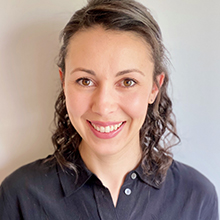INMA - Environment and Childhood Project
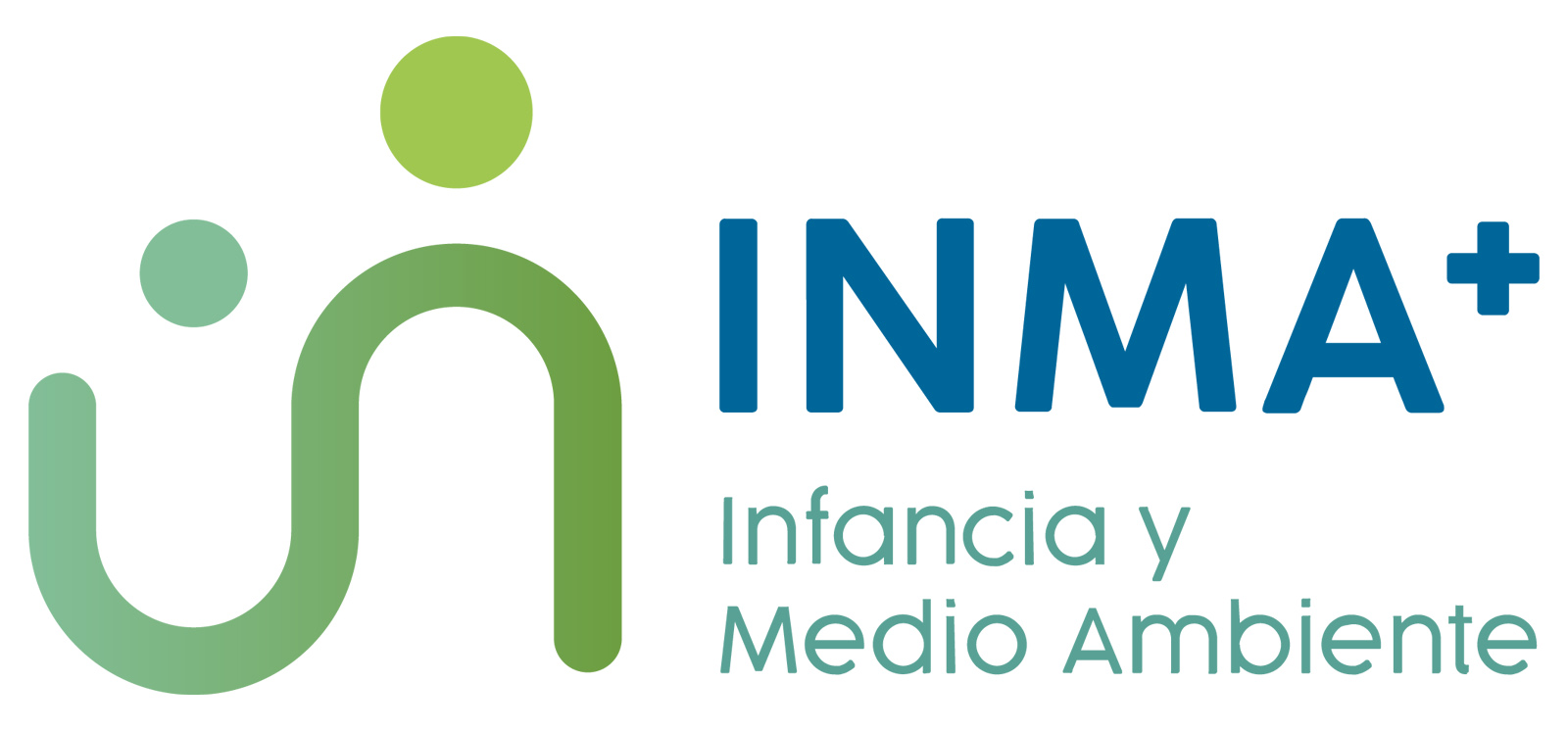
- Duration
- 2004-Present
- Coordinator
- Mònica Guxens (ISGlobal)
- Website
- http://www.proyectoinma.org
The physical, social and intellectual development of children from conception to late adolescence requires a protected environment and protective of health. The increase in diseases is related to unhealthy environments. Prenatal and early life exposures, including diet, are associated with infant health and human development, and predispose later effects in adults.
The INMA Project - Children and the Environment is a research project that aims to study the role of the most important environmental pollutants in the air, water and diet during pregnancy and the beginning of life, and their effects on child growth and development.
Objectives
The INMA Project has 3 general objectives:
- Describe the degree of individual prenatal exposures to environmental pollutants and the internal doses of these pollutants during pregnancy, at birth and during childhood, in Spain.
- To assess the impact of both prenatal and postnatal exposure to various environmental pollutants on the growth, health and development of children, both in the fetal stages and throughout their lives.
- Evaluate how some genetic and nutritional factors can modify the effects of environmental pollutants on child growth.
INMA-Sabadell Cohort
The INMA-Sabadell Cohort is located in the city of Sabadell where all the women who had an ultrasound of their first trimester of pregnancy at the CAP II San Felix, between July 2004 and July 2006, were invited to participate in the INMA Project. A total of 657 women and 622 babies were included. The women were followed up in each trimester of pregnancy, until the moment of delivery, at the Hospital de Sabadell (Corporación Sanitaria Parc Taulí) which covers the entire population of Sabadell and acts as a specialized consultation and referral hospital for the birth.
Between May 2007 and July 2007, an additional round of directly recruiting pregnant women was carried out when they were going to give birth at the Hospital de Sabadell. In this second phase, a total of 120 more women were included in the project.
Over the years, this group of boys and girls from the city of Sabadell has been evaluated approximately every 2 years, thanks to the predisposition of their families: that is, at 6 and 14 months, at 2, 4, 7, 9, and 11 years old. In the year 2021, we carried out the visit of the 14-16 years, and we hope of counting on their important and selfless participation in the future.
More Information
- Project website: www.proyectoinma.org
- Twitter account: @ProyectoINMA
- Conversation on Twitter: #ProyectoINMA
Our Team
INMA Project Director
-
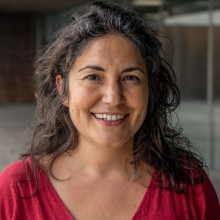 Mònica Guxens ICREA Research Professor
Mònica Guxens ICREA Research Professor
ISGlobal Team
-
 Martine Vrijheid Research Professor and Head of the Environment and Health over the Lifecourse Programme
Martine Vrijheid Research Professor and Head of the Environment and Health over the Lifecourse Programme -
 Sofía Aguilar Predoctoral researcher
Sofía Aguilar Predoctoral researcher -
Albert Ambròs
-
Anne Claire Binter
-
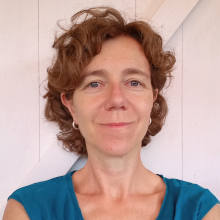 MARIONA BUSTAMANTE Staff Scientist
MARIONA BUSTAMANTE Staff Scientist -
Lourdes Cirugeda Data Manager INMA
Other projects
ENDOMIX
Understanding how endocrine disruptors and chemical mixtures of concern target the immune system to trigger or perpetuate disease
AM-MENTAL
What happens with your mental health when your supervisor is an algorithm?
PANAMA
Inhaled dose of air pollution - an integrative approach towards personalized air pollution exposure assessment in participants with and without respiratory diseases
e-QuoL
e-health tools to promote Equality in Quality of Life for childhood to young adulthood cancer patients, survivors and their families
B-Triage
Una prueba en el punto de atención para la estratificación del riesgo de los pacientes febriles basada en los niveles de sTREM-1
El microbioma intestinal y la disrupción circadiana
Un estudio epidemiológico molecular sobre enfermedades cardiometabólicas y salud mental
IHEN
International Human Exposome Network
EXPONIT
Analysing and studying how night shift work affects workers' circadian rhythms and health



